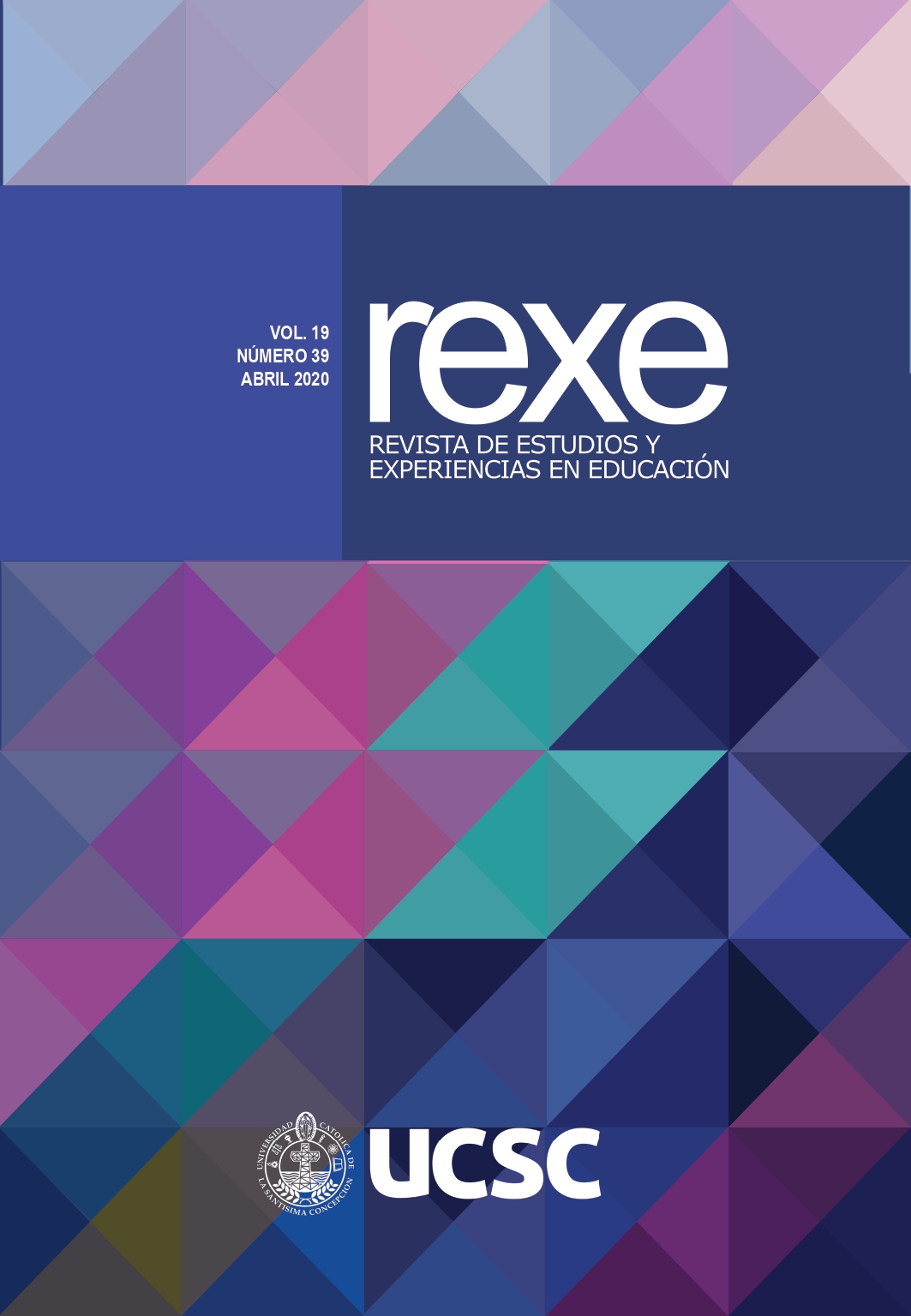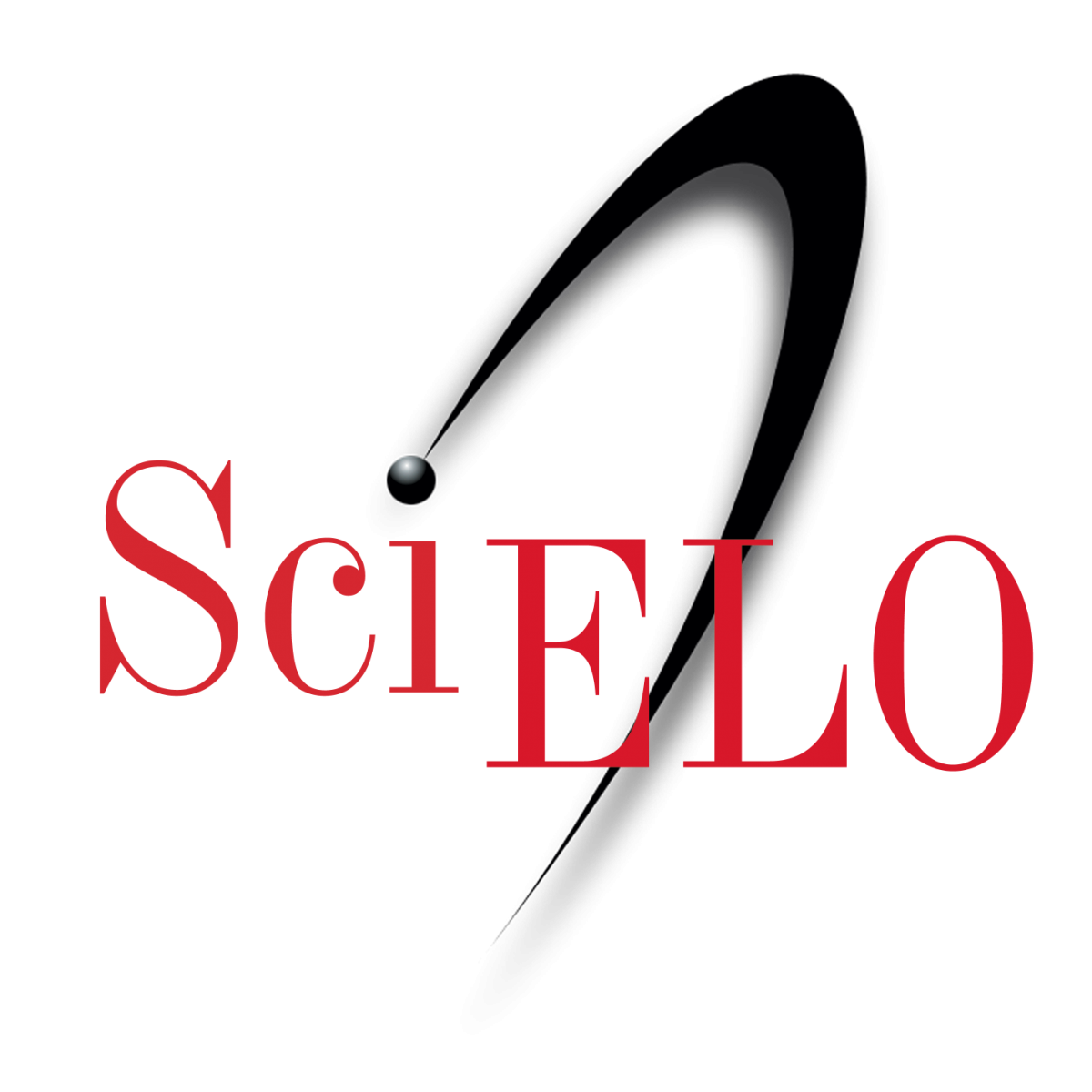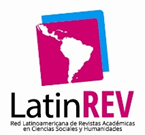Voces en la identidad de estudiantes de profesorado
DOI:
https://doi.org/10.21703/rexe.20201939lara-subiabre12Abstract
Esta investigación tuvo como propósito indagar las voces de posiciones del Yo de estudiantes de profesorado al enfrentarse a problemas educativos. Se entrevistaron 10 estudiantes de profesorado que estaban en servicio previo y a los datos se aplicó análisis de contenido cualitativo-inductivo. En los resultados predominaron dos posiciones del Yo “Yo como docente empático” y “Yo como docente ético”, ambas posiciones del Yo cumplían la función de ser promotoras. Se reconocieron voces de otros, tales como: profesores de los centros escolares, sus estudiantes y otros estudiantes de profesorado. Las voces de los participantes estaban cargadas de un discurso desde lo cotidiano y sustentadas desde la experiencia. Las instituciones formadoras del profesorado deberían prestar atención a las identidades docentes de los futuros profesores y enseñar a tomar conciencia de las voces que utilizan en los discursos pedagógicos. Al mismo tiempo que promueven una formación sustentada en prácticas de indagación contextualizadas y basadas en evidencias.
Doi: 10.21703/rexe.20201939lara-subiabre12
Downloads
References
Akkerman, S. F., y Meijer, P. C. (2011). A dialogical approach to conceptualizing teacher identity. Teaching and Teacher Education, 27, 308-319. Doi:10.1016/j.tate.2010.08.013 DOI: https://doi.org/10.1016/j.tate.2010.08.013
Akkerman, S., y Bruining, T. (2016). Multilevel Boundary Crossing in a Professional Development School Partnership. Journal of the Learning Sciences, 1–45. Doi: 10.1080/10508406.2016.1147448 DOI: https://doi.org/10.1080/10508406.2016.1147448
Alsup, J. (2006). Teacher identity discourses: Negotiating personal and professional spaces. Mahwah, NJ: Lawrence Erlbaum. DOI: https://doi.org/10.4324/9781410617286
Anspal, T., Leijen, Ä., & Löfström, E. (2019). Tensions and the teacher’s role in student teacher identity development in primary and subject teacher curricula. Scandinavian Journal of Educational Research, 63(5), 679-695. Doi:10.1080/00313831.2017.1420688 DOI: https://doi.org/10.1080/00313831.2017.1420688
Arvaja, M. (2018). Tensions and striving for coherence in an academic’s professional identity work. Teaching in Higher Education, 23(3), 291-306. Doi.10.1080/13562517.2017.1379483 DOI: https://doi.org/10.1080/13562517.2017.1379483
Badia, A., y Becerril, L. (2016) Renaming teaching practice through teacher reflection using critical incidents on a virtual training course. Journal of Education for Teaching, 42(2), 224-238. Doi: 10.1080/02607476.2016.1143146 DOI: https://doi.org/10.1080/02607476.2016.1143146
Bakhtin, M. (1986). Speech Genres and Other Late Essays. Austin: University of Texas Press. DOI: https://doi.org/10.7560/720466
Beauchamp, C., & Thomas, L. (2009). Understanding teacher identity: An overview of issues in the literature and implications for teacher education. Cambridge journal of education, 39(2), 175-189. Doi:10.1080/03057640902902252 DOI: https://doi.org/10.1080/03057640902902252
Biesta, G., Priestley, M., & Robinson, S. (2015). The role of beliefs in teacher agency. Teachers and Teaching, 21(6), 624-640. Doi.10.1080/13540602.2015.1044325 DOI: https://doi.org/10.1080/13540602.2015.1044325
Eraut, M. (2000). Non‐formal learning and tacit knowledge in professional work. British journal of educational psychology, 70(1), 113-136. doi.10.1348/000709900158001 DOI: https://doi.org/10.1348/000709900158001
Freeman, D. (1993). Renaming experience/reconstructing practice: Developing new understanding of teaching. Teaching and teacher education, 9(5-6), 485-497. Doi:10.1016/0742-051X(93)90032-C DOI: https://doi.org/10.1016/0742-051X(93)90032-C
Hermans, H. J. (2014). Self as a Society of I-Positions: A Dialogical Approach to Counseling. Journal of humanistic counseling, 53(2), 134-159. Doi: 10.1002/j.2161-1939.2014.00054.x DOI: https://doi.org/10.1002/j.2161-1939.2014.00054.x
Hermans, H. J. (2018). Society in the self: a theory of identity in democracy. New York: Oxford University Press. DOI: https://doi.org/10.1093/oso/9780190687793.001.0001
Hermans, H. J., & Gieser, T. (Eds.). (2012). Handbook of dialogical self theory. New York: Cambridge University Press. DOI: https://doi.org/10.1017/CBO9781139030434
Hökkä, P., Eteläpelto, A., & Rasku-Puttonen, H. (2012). The professional agency of teacher educators amid academic discourses. Journal of Education for Teaching, 38(1), 83-102. Doi:10.1080/02607476.2012.643659 DOI: https://doi.org/10.1080/02607476.2012.643659
Horn, I. S., Nolen, S. B., Ward, C., & Campbell, S. S. (2008). Developing practices in multiple worlds: The role of identity in learning to teach. Teacher Education Quarterly, 35(3), 61-72.
Kosunen, T., & A. Mikkola. (2002). Building a science of teaching: How objectives and reality meet in Finnish teacher education. European Journal of Teacher Education, 25(2-3): 135–150. Doi:10.1080/0261976022000035674 DOI: https://doi.org/10.1080/0261976022000035674
Leijen, Ä., y Kullasepp, K. (2013). All Roads Lead to Rome: Developmental Trajectories of Student Teachers` Professional and Personal Identity Developmental. Journal of Constructivist Psychology, 26(2): 104-114. Doi:10.1080/10720537.2013.759023. DOI: https://doi.org/10.1080/10720537.2013.759023
Ligorio, M. B. (2010). Dialogical relationship between identity and learning. Culture & Psychology, 16(1), 93-107. Doi:10.1177/1354067X09353206 DOI: https://doi.org/10.1177/1354067X09353206
Lindqvist, H. (2019). Student teachers' and beginning teachers' coping with emotionally challenging situations (Doctoral dissertation, Linköping University Electronic Press). Recuperado de http://www.diva-portal.org/smash/get/diva2:1307758/FULLTEXT01.pdf DOI: https://doi.org/10.3384/diss.diva-156613
Lunenberg, M., & Korthagen, F. (2009). Experience, theory, and practical wisdom in teaching and teacher education. Teachers and Teaching: theory and practice, 15(2), 225-240. Doi:10.1080/13540600902875316 DOI: https://doi.org/10.1080/13540600902875316
Maaranen, K., & Krokfors, L. (2007). Time to think? Primary school teacher students reflecting on their MA thesis research processes. Reflective Practice, 8(3), 359-373. Doi: 10.1080/14623940701424918 DOI: https://doi.org/10.1080/14623940701424918
Mangubhai, F. (2007). The Moral and Ethical Dimensions of Language Teaching. Australian Journal of Education, 51(2), 178–189. Doi:10.1177/000494410705100206 DOI: https://doi.org/10.1177/000494410705100206
Meijers, F., & Hermans, H. (2018). Dialogical Self Theory in Education: An Introduction. In F. Meijers, & H. Hermans (Eds.), The Dialogical Self Theory in Education (pp. 1-18). New York: Springer. DOI: https://doi.org/10.1007/978-3-319-62861-5
O'Connor, K. E. (2008). "You choose to care": Teachers, emotions and professional identity. Teaching and Teacher Education, 24(1), 117-126. Doi:10.1016/j.tate.2006.11.008 DOI: https://doi.org/10.1016/j.tate.2006.11.008
Pillen, M., Beijaard, D., & den Brok, P. (2013). Professional identity tensions of beginning teachers. Teachers and Teaching, 19(6), 660-678. Doi:10.1080/13540602.2013.827455 DOI: https://doi.org/10.1080/13540602.2013.827455
Riau, M. T. C., y González, L. C. (2017). El desarrollo de la relación teoría y práctica en el grado de maestro en educación primaria. Profesorado. Revista de Currículum y Formación de Profesorado, 21(1), 59-79. DOI: https://doi.org/10.30827/profesorado.v21i1.10352
Russell, T. (2012). Cambios paradigmáticos en la formación de profesores: peligros, trampas y promesas no cumplidas del profesional reflexivo. Encuentros en Educación, 13, 71-91. DOI: https://doi.org/10.24908/eoe-ese-rse.v13i0.4426
Stenberg, K., Karlsson, L., Pitkaniemi, H., y Maaranen, K. (2014). Beginning student teachers’ teacher identities based on their practical theories. European Journal of Teacher Education, 37:2, 204-219. Doi: 10.1080/02619768.2014.882309 DOI: https://doi.org/10.1080/02619768.2014.882309
Teng, F. (2019). Understanding Teacher Autonomy, Teacher Agency, and Teacher Identity: Voices from Four EFL Student Teachers. English Teaching & Learning. 43(2), 189-212. Doi:10.1007/s42321-019-00024-3 DOI: https://doi.org/10.1007/s42321-019-00024-3
Van Rijswijk, M. M., Akkerman, S. F., y Koster, B. (2013). Student teachers’ internally persuasive borderland discourse and teacher identity. International Journal for Dialogical Science, 7(1), 43-60.
Wentworth, L., Mazzeo, C., & Connolly, F. (2017). Research practice partnerships: A strategy for promoting evidence-based decision-making in education. Educational Research, 59(2), 241-255. Doi:10.1080/07391102.2017.1314108 DOI: https://doi.org/10.1080/07391102.2017.1314108
Zeichner, K. (2010). Rethinking the connections between campus courses and field experiences in college-and university-based teacher education. Journal of teacher education, 61(1-2), 89-99. DOI: https://doi.org/10.1177/0022487109347671
Downloads
Published
Issue
Section
License
Open Access Policy
This journal provides immediate open access to its content, based on the principle that offering the public free access to research fosters greater global knowledge exchange.
License
The REXE Journal, “Journal of Studies and Experiences in Education,” published by the Faculty of Education at the Universidad Católica de la Santísima Concepción, is distributed under a License. Creative Commons Atribución 4.0 Internacional.






